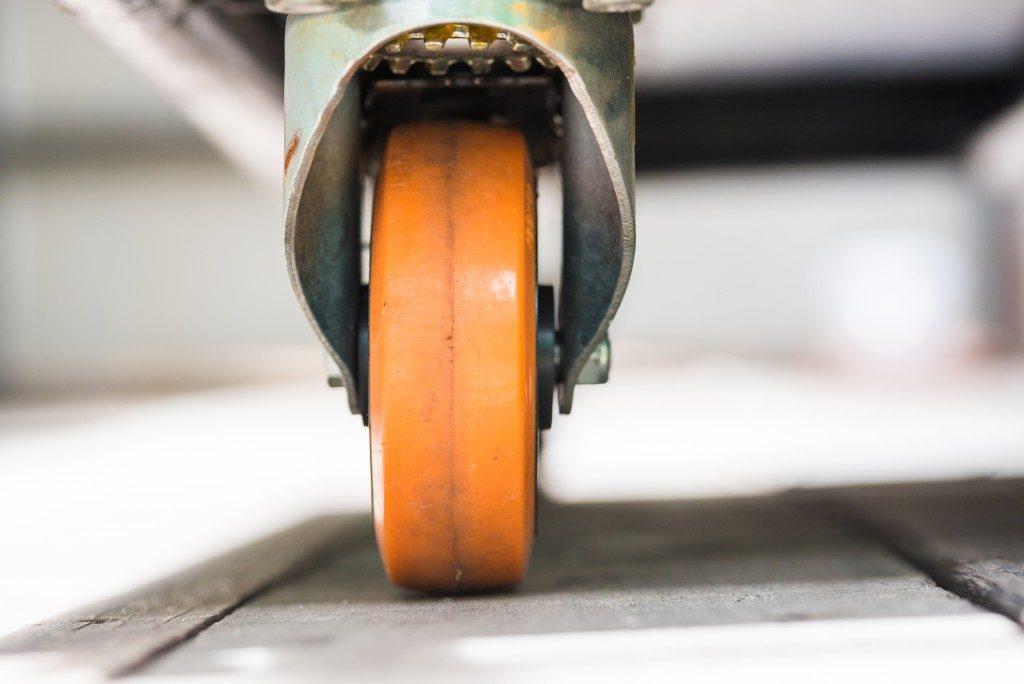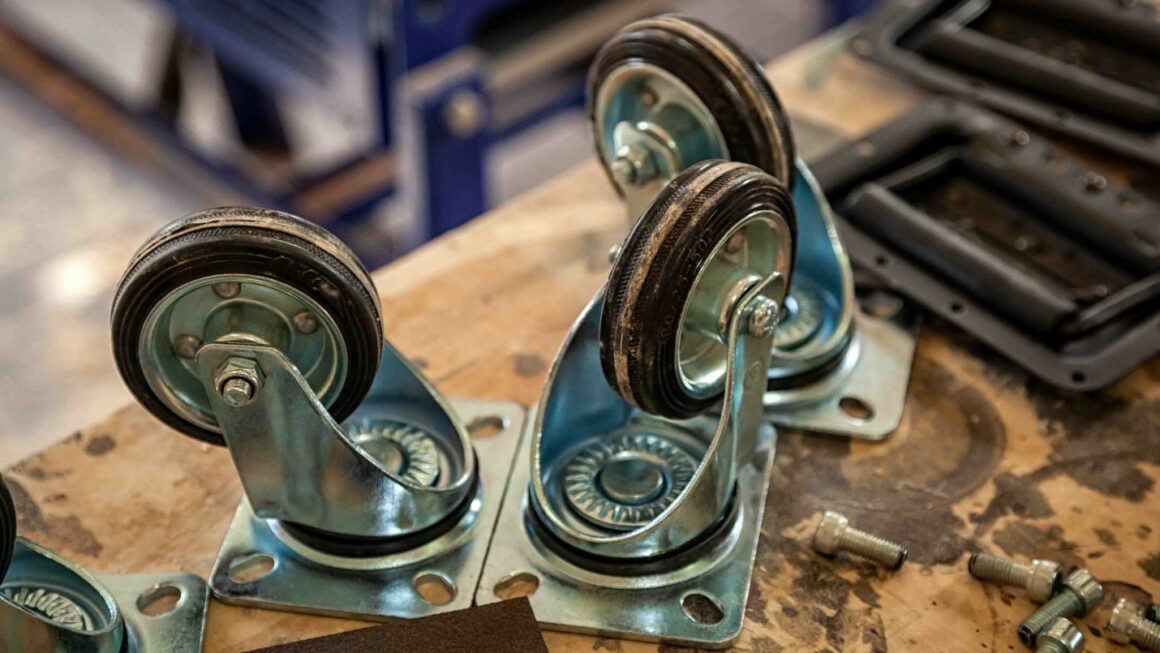One very important factor that the majority of the population tends to forget or pass over is in the maintenance of caster wheels on their industrial machinery and equipment. These small components are very much part of the smooth operation of mobile units in all kinds of environments, from shop floor to delivery room. From shop floor to delivery room, ensuring the caster wheels are properly maintained can significantly reduce downtime and extend the life of equipment. This is where we put in place some great content that outlines some of the best practices in caster wheel maintenance for your information, to make the right call with your industrial caster wheels.
Understanding Your Caster Wheels
Before doing maintenance, it is very important to know what type of caster wheels you have. The material to manufacture caster wheels is rubber, polyurethane, nylon, and steel. Each material has specific characteristics and maintenance needs. In contrast, rubber wheels do best for quiet movement and smooth rides on irregular surfaces, whereas steel wheels are great with high load capacity and rough surfaces.
Regular Cleaning
The first step to maintaining your caster wheels is to clean them. Dirt, debris, and other particles will get embedded between the wheels and cause damage over time. This is how:
1. Manually Clean: Use a cloth or a soft brush to take away dirt which is loosely hanging on the wheel.
2. Wash the Wheels: Use soapy mild water for a more thorough cleaning of the wheels. Avoid the use of strong chemicals, as they can spoil the material of the wheel.
3. Dry Thoroughly: Ensure that the wheels are completely dry before installing them back to prevent any form of rusting out, especially for metal parts.
Routine Inspection
Conduct regular inspections to catch problems before they grow into something much worse. When inspecting your caster wheels, be on the lookout for:
* Check for wear and tear of the wheels: Visually, check for any damage, cracks, or flat spots in the wheels.
– Loose parts: Check to make sure all parts, from the wheel alone, its bearings, and mounts, are correctly attached.
– Lubrication: Some wheels and bearings need to be regularly lubricated in order to rotate freely.
Proper lubrication
Lubrication is important for the caster wheel, and much more for the swivel bearings. Make sure the wheel bearings are lubricated well with a good grease or oil to reduce the friction and avoid rusting; this will make the wheels turn smoothly. It is important to apply the proper lubricant as recommended by the manufacturer of the wheels.
Load Distribution
This will ensure the load is distributed evenly between all caster wheels, and uneven load distribution can cause a part of them to wear out prematurely. Ensure that your equipment is well balanced, with all wheels in contact with the ground.
Replacement Parts
Sometimes, replacement of caster wheel parts is required for those that are worn out to get back to proper functioning. Keep an eye out for the condition of each part of the caster, including the wheel, bearing, and mounting. This should be done with compatible parts and done effectively in maintaining performance and safety.
Selecting the Correct Wheels
By making the proper selection of industrial caster wheels, your maintenance costs can be drastically reduced up to fifty percent. The following are considerations one needs to make while thinking of caster wheels:
– Environmental: The environmental condition the caster will be used in can therefore influence your choice. For example, high temperature or usage of corrosive substances require wheels that can withstand these conditions.
– Load Capacity: The wheels should be loadable according to your equipment. Overloading may cause quick destruction of the wheels.
– Floor Conditions: Wheels should be compatible with the type of floor so that no type of damage is done by the wheels to either the floor or the wheel itself.
Engaging Staff Training Content Finally, incorporate some fun content into your employee training. By making your team members familiar with the importance of caster wheel maintenance and how to do it, you help in the early identification of issues that may arise, which would lengthen the life of your equipment. After following the maintenance tips given above, you are assured that the caster wheels will be in perfect working condition to support all your operations in order to raise productivity. Remember, properly maintained caster wheels are a key part of safety and efficiency in your industrial operations.












